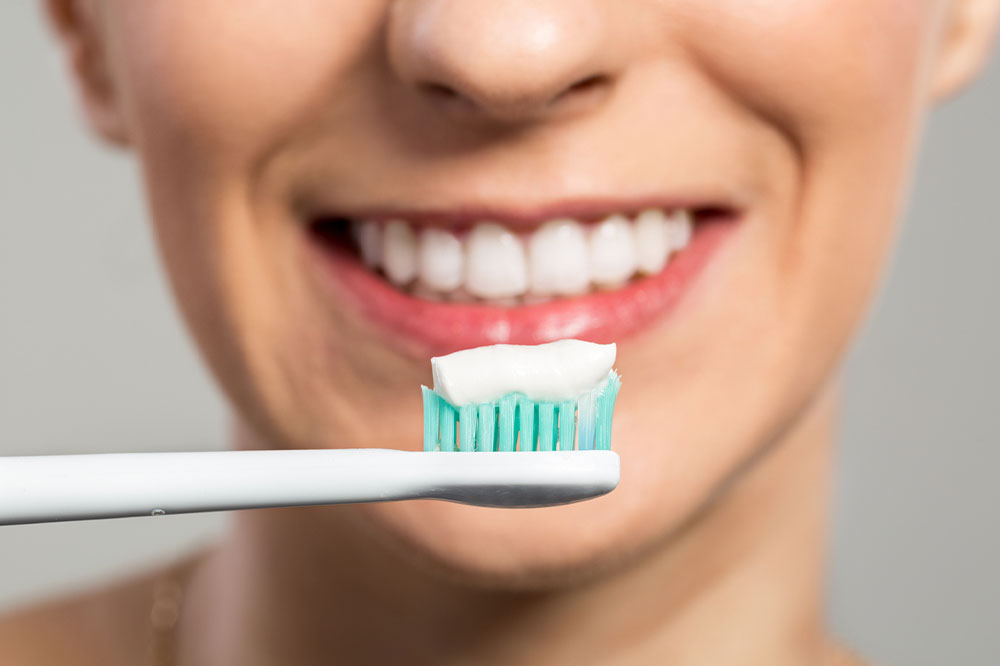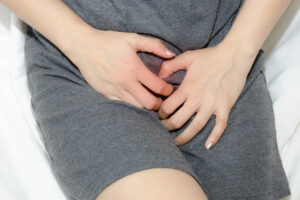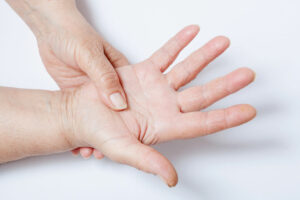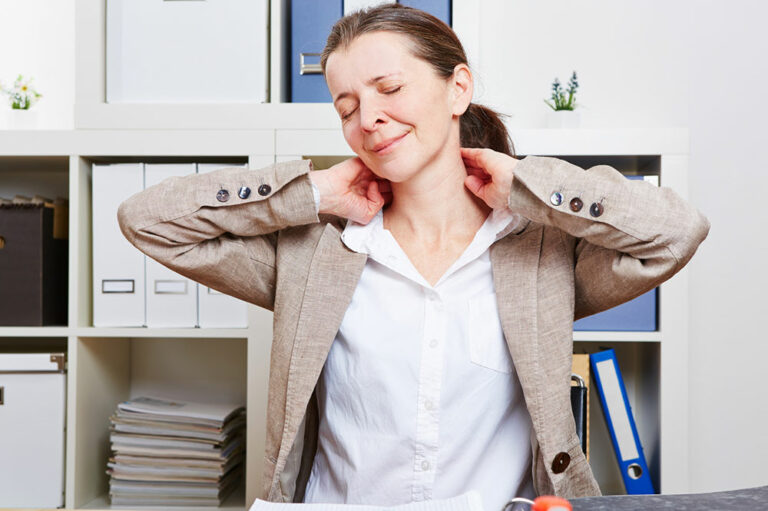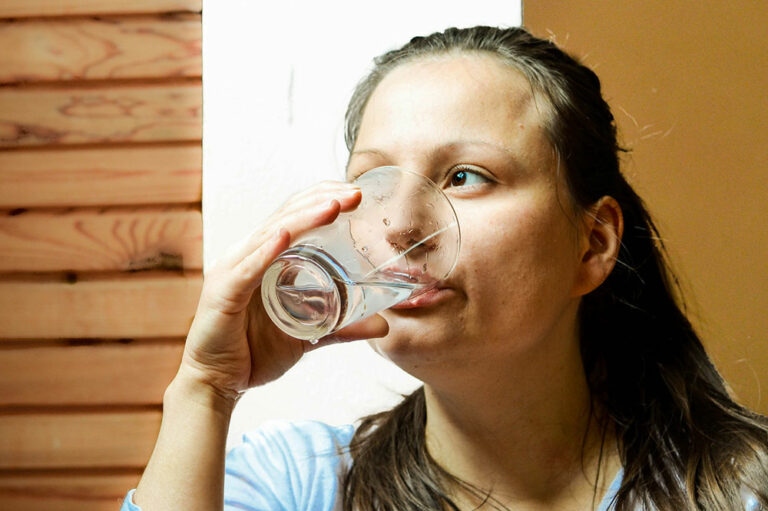Who wouldn’t want clean, bright, and white teeth? However, certain DIY teeth whitening techniques and home remedies may do more harm than good if one doesn’t exercise caution. This is why one should always consult a dentist and opt for professional teeth whitening procedures and avoid doing it without expert supervision. So, here are a few risks of at-home teeth whitening that one should consider before opting for DIY techniques:
Weakening the enamel
This is a common risk involved with teeth whitening techniques. The enamel is a thin but tough outer layer on the tooth that protects it from decay or cavities. However, frequent at-home whitening solutions can weaken or even erode the enamel, especially if extremely abrasive options are used. Certain harsh products or ingredients can chip away at the enamel, leaving the tooth bare—a huge reason why teeth whitening at home may be a bad idea.
Uneven whitening
There is a clear difference between professional teeth whitening and at-home solutions. Not following precise instructions or overdoing the procedure can lead to unsatisfactory results like uneven whitening, defeating the whole purpose of the process. While uneven whitening may not indicate any effects on oral health, DIY procedures may not do a thorough job of giving one sparkly white teeth. In fact, the procedure may make the stains more visible at times, making a visit to the dentist inevitable.
Increased tooth sensitivity
Excessive use of unsuitable home remedies can lead to side effects like enamel erosion, which results in other complications like increased tooth sensitivity. Without the protection of enamel, a layer called dentin is now exposed to food and drinks. Dentin becomes the only layer shielding the innermost section of the tooth, which has all the nerves making it sensitive to hot and cold temperatures. As the enamel erodes further, the sensitivity will worsen.
Gum irritation
Another serious problem posed by DIY teeth whitening techniques is damage to oral health. Some at-home whitening products contain high quantities of peroxide that can damage the soft tissues in the mouth and gums. Peroxide is a common ingredient in many at-home whitening kits. When the gums are exposed to the bleaching agent, it leads to irritation and possible inflammation, which can cause other serious dental complications.
